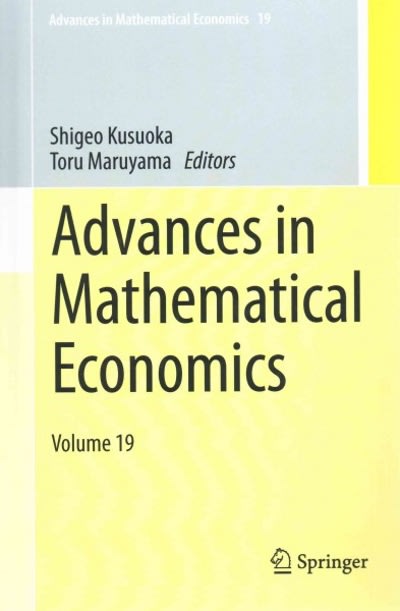Question
The Universal Uniforms store sells lab coats every year to medical students. The coats have to be ordered in September of the previous year and
The Universal Uniforms store sells lab coats every year to medical students. The coats have to be ordered in September of the previous year and at that time, demand is uncertain. The coats are bought from a supplier at $4 a piece and sold in the store for $20 a piece. If by January, some coats are left unsold, they are sent to Goodwill by a firm that charges 50 cents per coat they have to take. If medical professionals come to the store wanting to buy an official coat but Universal Uniforms has run out, the store quickly makes an unofficial coat using a basic lab coat from a different material. These unofficial coats are not as nice as the official ones and are sold for only $4 and cost 60 cents to make. Assume that every medical professional who wanted to buy an official coat but could not get one agrees to buy an unofficial one instead and that no one buys the unofficial coats when there are still some official ones in stock. Finally assume no medical professional wants to buy a coat after January 15th. The discrete demand and their probabilities are listed in the table below.
Demand Probability F(Q) 1000 0.1 1150 0.15 1450 0.35 1600 0.3 2000 0.1
(d) Suppose Universal Uniforms decides to order 1500 official coats in September and that on December 15 they run out. Between December 15 and January 15, 100 more customers come to the store wanting to buy an official coat. On that year, how much money do they make selling coats (official and unofficial)?
Step by Step Solution
There are 3 Steps involved in it
Step: 1

Get Instant Access to Expert-Tailored Solutions
See step-by-step solutions with expert insights and AI powered tools for academic success
Step: 2

Step: 3

Ace Your Homework with AI
Get the answers you need in no time with our AI-driven, step-by-step assistance
Get Started


